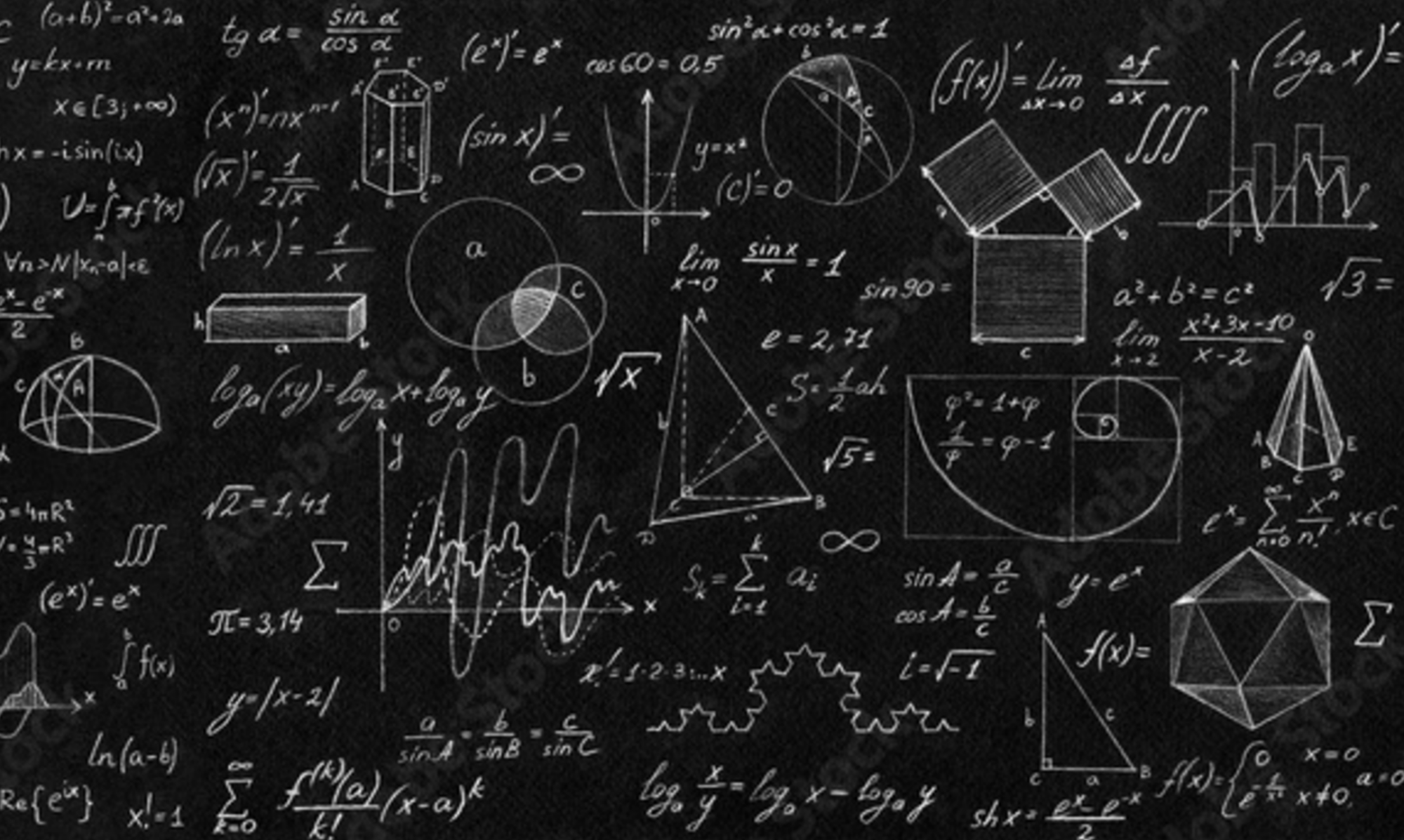Abstract
In this paper we report on a study of the effects of propaedeutic approach related to development of understanding of multiple representations of fractions. Grounded in the literature review on the children’s understanding of representations on one hand and problem posing on the other, we analyze students’ achievements in solving problems, particularly examining transfer of knowledge in solving non-realistic problems and problems in real context involving different representations of fractions. A sample of fourth grade school children were enrolled in the experimental program in regular school setting. The results obtained in the experimental study show that the integration of learning content in propaedeutic learning has significant impact on the performance of students in non-realistic problems as well as in problems presented in a realistic context. Our discussion of results point for the need for further examination of the effects of using multiple representations of math concepts on children’s adeptness in solving particular types of problems.
Ovadiya, T., Fellus, O., & Biton, Y. (2019). Promoting three-dimensional spatial perceptions of prisms: The case of elementary-school students using augmented reality technology. In J. Novotná & H. Moraová (Eds.), Opportunities in Learning and Teaching Elementary Mathematics: Proceedings of the International Symposium Elementary Mathematics
Teaching (SEMT), (pp. 288–295). Prague, Czech Republic. https://www.semt.cz/proceedings-19.pdf

